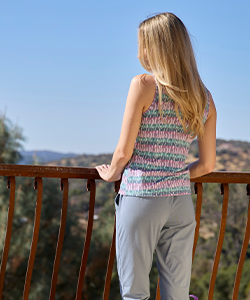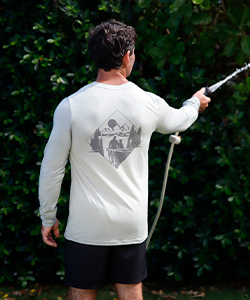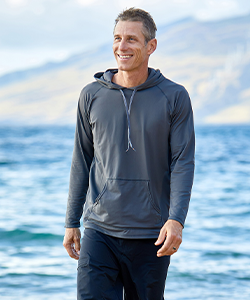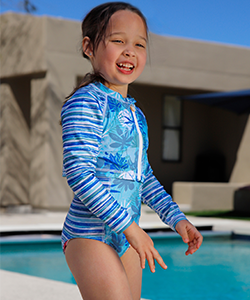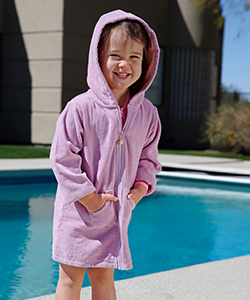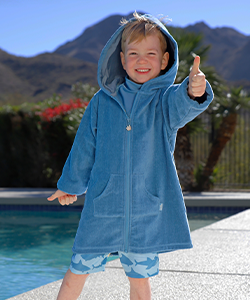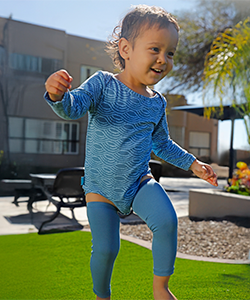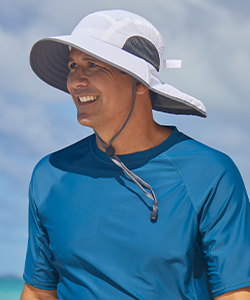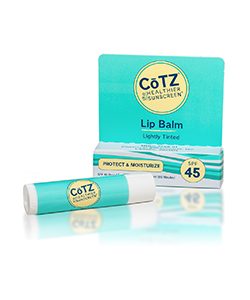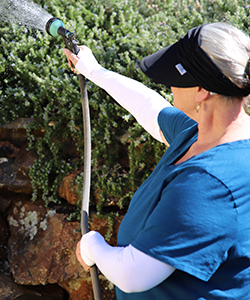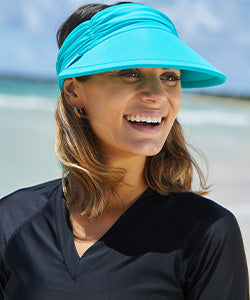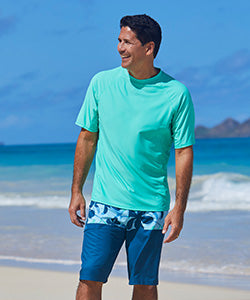
Dermatologist-Approved, Get Your Best Winter Skin Tips
As the winter season unfolds and temperatures start to drop, it's crucial to take care of your skin. The cold, dry air can strip away your skin's moisture, leaving it prone to dehydration and irritation.
In this blog post, we interviewed board-certified dermatologist Dr. Jane Yoo to learn how to get your best winter skin. Whether you're facing chapped lips, dryness, or redness, our expert-backed advice will help. Your skin deserves the very best during all seasons, and we're here to help you achieve just that!
Q&A on Winter Skin Tips with Board-Certified Dermatologist Dr. Jane Yoo
What Are Some Common Winter Skin Issues?
In the winter, the cold, dry air can lead to having more dry, itchy, cracked skin. Because of the lack of moisture, you may find that you scratch yourself until you bleed.
Winter can be tough for people with certain skin condition such as eczema, seborrheic dermatitis, psoriasis and rosacea. All of these conditions can flare during the winter because a compromised skin barrier can contribute to increased flaking and dryness.
How Can You Prepare for These Skin Issues?
First, cover up! Wear hats, gloves/mittens, and scarves to protect your skin from the cold and the harsh effects of wind on the skin. Our hands are often the first place we notice having dry skin.
How Can You Care for These Skin Issues?
-
Think thick. Heavier creams and ointments may be more effective than lotions in colder months.
-
Stop baths and showers from worsening dry skin (especially if you have eczema). When the humidity drops, make sure to limit your time in the shower or bath to 5 to10 minutes and use warm rather than hot water. Apply enough cleanser to remove dirt and oil but you do not need to form a thick lather.
-
Apply moisturizer immediately after washing your hands or bathing. Ointments, creams, and lotions (moisturizers) work by trapping existing moisture in your skin. Blot your skin gently with a towel and apply the moisturizer within a few minutes of washing.
-
Use gentle, fragrance-free skin care products. Some skin care products are too harsh for patients with rosacea. Try to find “fragrance free products.” The word “unscented” may be a misnomer as the product may contain chemicals that neutralize other ingredients and can irritate the skin.
-
Choose non-irritating clothes and laundry detergent. What touches the skin surface may irritate so be sure to wear cotton or silk under your clothing made of wool or another material that feels rough. Use laundry detergent labeled “hypoallergenic.”
Can You Share Some Winter Skin Tips?
-
Moisturize daily and stay hydrated: Pay attention to areas that are more prone to dryness because of exposure to the outside elements.
-
Be gentle! Avoid harsh cleansers that may strip the skin of its natural oils. Use fragrance-free soaps.
-
You can even add moisture to the air around you! Plug in a humidifier while at home—especially in the bedroom when you are sleeping.
-
Stay warm without a fireplace or heater! Sitting in front of an open flame or another heat source can dry out your skin.
What Shouldn’t You Do to Your Skin During This Season?
Baths and showers can worsen dry skin. Don’t take hot showers. Shower or bathe in lukewarm water for no more than 10 minutes at a time.
Minimize or decrease the use of anti-aging products such as retinoids, glycolic acid, salicylic acid as these products can dry you out. You may also consider going down in strength/concentration or mixing these products with moisturizer.
Other products that can be drying include alcohol-based sanitizers so look for a hand sanitizer with emollients. Otherwise, to relieve dry hands, carry a non-greasy hand cream with you and apply it after each hand washing.
How Do You Care for Dry Lips During Winter?
Look for lip balms, lipsticks, and other lip products that contain ingredients like castor seed oil, ceramides, dimethicone, or mineral oil. Sometimes ingredients such as camphor, menthol, or eucalyptus can irritate your lips. If your lips burn, sting, or tingle after using a lip product, stop using the product immediately.
Apply lip balm throughout the day and before you go to bed. If your lips are very dry and cracked, try a thicker ointment, such as petroleum jelly.
Protect your lips outdoors by applying a lip balm with an SPF of 30 or higher.
Do not lick, bite or pick at your lips. It may feel natural to wet your lips by licking them when they are dry—however, this is making the problem worse. Aim for a non-irritating lip balm instead.
Avoid holding metal items such as jewelry and paperclips with your lips. These everyday items can be irritating.
Do You Have Skin Tips for People Heading to Tropical Locales for Winter Vacation?
-
Seek shade! Remember that the sun’s rays are the strongest between 10 a.m. and 2 p.m. You can also look at your shadow. Any time your shadow appears shorter than you, seek shade.
-
Wear sun-protective clothing like UV Skinz! Wear a lightweight and long-sleeved shirt, pants, a wide-brimmed hat, and sunglasses with UV protection. For more effective protection, select clothing with an ultraviolet protection factor (UPF) number on the label.
-
Apply sunscreen! Apply a broad-spectrum, water-resistant sunscreen with an SPF of 30 or higher to all skin not covered by clothing. Remember to reapply every two hours or after swimming or exercise.
What Type of Skincare Products Do You Recommend During This Time of the Year?
It depends on your skin type and how much dryness you are experience. The stratum corneum, or outermost layer of the skin, tends to thin out as we age.
Some of the products I love during the winter:
Lip creams: Laniege’s lip sleeping mask and lip sleeping balm
Moisturizers: Aestura Atobarrier 365 cream, La Roche Posay Lipikar AP+M
Body Wash: Bioderma Atoderm cleansing oil, mustela stelatopia cleansing oil (for babies)
Cleansers: Avene Tolerance Extremely Gentle Cleanser, Vanicream Gentle Facial Cleanser
How Can You Add Extra Moisture to Your Skincare Routine in Winter?
You can also look for more moisturizing sunscreen products such as creams instead of lotions during the winter. You can also apply a moisturizer followed by sunscreen on top.
For extra hydration, choose a product that contains one of the following ingredients:
- Jojoba oil
- Dimethicone
- Glycerin
- Hyaluronic acid
- Lactic acid
- Lanolin
- Mineral oil
- Petrolatum
- Shea butter
Do You Still Need to Protect Your Skin from UV Rays During Winter?
Yes! You should wear sunscreen year-round on areas not covered by any clothing such as the face, neck, ears, and hands.


